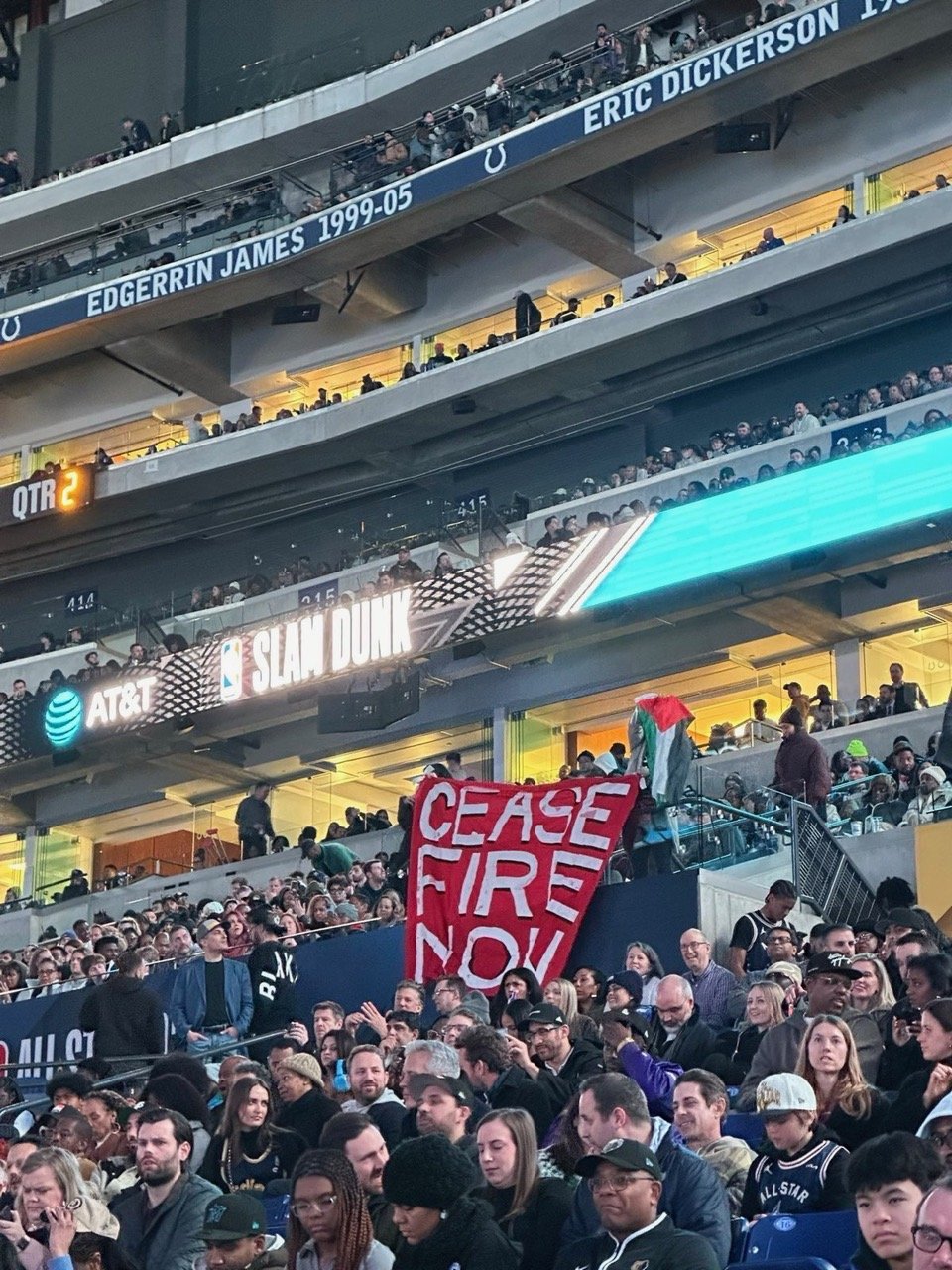In Gaza, water is life
Fresh water was scarce even before the war. Now the situation is dire.
“There is a saying in the region: ‘Water is life.’ There is a belief, based on a passage in the Qur’an, that God created all living things out of water, so water is the essence of life.
The Bible has something to say about water in times of war: “If your enemy is hungry, give him food to eat; if he is thirsty, give him water to drink” (Prov. 25:21). These words are recognized as authoritative by Christians, Jews, and Muslims alike.
Water plays an important cultural role in Palestinian society. Aside from the obvious biological need for it, it is also an object of memory and longing. Although it is getting harder under Israel’s coastal blockade, generations of Gazan fishermen have made their life on the water, even earning a reputation in times gone by for the fine fishing nets they produced and shipped around the world. (It is thought that the word gauzemight be derived from Gaza.)
For the Palestinians expelled to the West Bank in 1948 from homes on the Mediterranean coast, the sea is a longed-for memory that cannot be touched from the Palestinian side of the separation barrier. Likewise, to the east, the Jordan River is beyond an ever-expanding bank of Israeli settlements, farms, and reserve lands. Then there are the springs and wells in the hills. They allow for life in dry climates. Water is life.
In Gaza, water is life
Article by Ben Norquist, a fellow at Churches for Middle East Peace
Local, national and international coverage: Check this out.
These photos are from the National Basketball All Star weekend on Saturday night:
Posted by Dave Zirin
Posted by Jewish Voice for Peace (JVP) in Indiana.
Posted by JVP Indiana
Military operations in Rafah could lead to a slaughter in Gaza and put a fragile humanitarian operation at death’s door
Military operations in Rafah could lead to a slaughter in Gaza and put a fragile humanitarian operation at death’s door
Statement by Martin Griffiths, Under-Secretary-General for Humanitarian Affairs and Emergency Relief Coordinator
(Geneva, 13 February 2024) - The scenario we have long dreaded is unraveling at alarming speed.
More than half of Gaza’s population – well over 1 million people – are crammed in Rafah, staring death in the face: They have little to eat, hardly any access to medical care, nowhere to sleep, nowhere safe to go.
They, like the entire population of Gaza, are the victims of an assault that is unparalleled in its intensity, brutality and scope.
More than 28,000 people – mostly women and children – have been killed across Gaza, according to the Ministry of Health.
For more than four months, humanitarian workers have been doing the near-impossible to assist people in need, despite the risks they themselves were facing and the traumas they were enduring.
But no amount of dedication and goodwill is enough to keep millions of people alive, fed and protected – while the bombs are falling and the aid is choked off.
Add to this the widespread despair, the breakdown of law and order, and the defunding of UNRWA.
The consequences are humanitarian workers who are shot at, held at gunpoint, attacked and killed.
I have said for weeks now that our humanitarian response is in tatters.
Today, I’m sounding the alarm once again: Military operations in Rafah could lead to a slaughter in Gaza. They could also leave an already fragile humanitarian operation at death’s door.
We lack the safety guarantees, the aid supplies and the staff capacity to keep this operation afloat.
The international community has been warning against the dangerous consequences of any ground invasion in Rafah. The Government of Israel cannot continue to ignore these calls.
History will not be kind.
This war must end.






